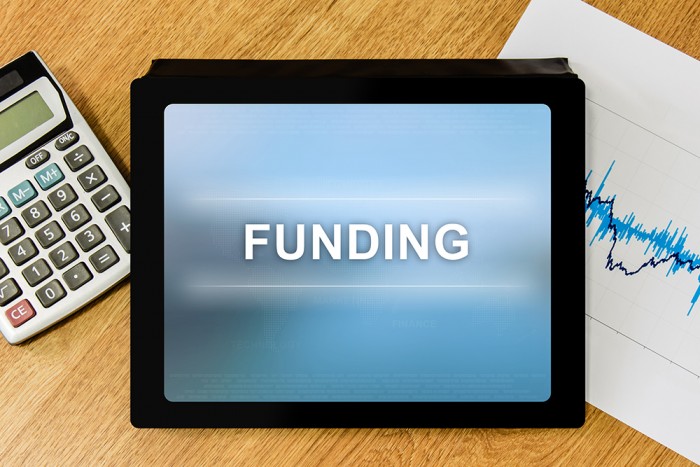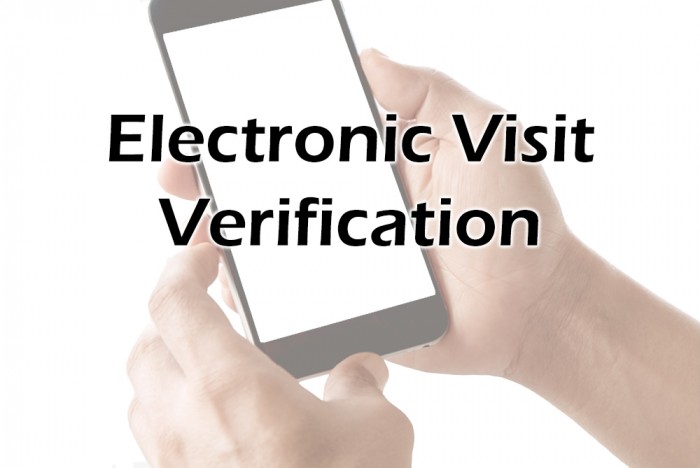Governor Wolf signed Act 24 of 2020, which allocates funding from the Federal Coronavirus Aid, Relief, and Economic Security Act – also known as the CARES Act – to assist providers with COVID-19 related costs. Funding from Act 24 must be used to cover necessary COVID-19 related costs incurred between March 1, 2020 and November 30, 2020 that have not been otherwise reimbursed by Federal, State, or other sources of funding. To qualify for the one-time payment, a person or entity must have been in operation as of March 31, 2020. Under Act 24, $457 million of COVID-19 relief funds were allocated to providers of long-term living programs.
Any person or entity accepting a COVID-19 payment must provide documentation to the Department of Human Services (DHS) upon request for purposes of determining compliance with Act 24 requirements. Providers were previously advised to keep documentation to demonstrate how the funds were used for a response to the COVID-19 pandemic in case of an audit.
DHS has developed the attached reporting forms to collect information about the use of Act 24 funding. The reporting forms capture provider information; COVID-19 utilization related data; COVID-19 related staffing, expenditures, and revenue losses; and COVID-19 related revenue to determine the net impact. Providers are advised to review guidance for eligible COVID-19 costs on the US Department of Treasury website:
- Coronavirus-Relief-Fund-Guidance;
- Coronavirus-Relief-Fund-Frequently-Asked-Questions; and
- DHS Frequently Asked Questions.
DHS is requesting the following two reports from the Office of Long-Term Living (OLTL) providers:
- An interim report, which identifies the total COVID-19 related costs each provider projects to incur by November 30, 2020. This interim report is due by November 6, 2020. To assist providers in projecting eligible costs, DHS recommends using the cost report attached and reporting costs that appear in cells H120 and H165. Providers must report the projected costs through a web-based portal.
- Providers are required to complete a final cost report and upload it through the web-based portal by no later than December 21, 2020. Providers must keep all documentation related to the costs reported in the final cost report for a minimum of five years.
Cost Reporting Forms:
- Personal Assistance Services and Home Health Agency;
- PCH/ALF;
- Public Adult Day Center; and
- Residential Habilitation.
In advance of the reports’ due date, DHS recommends that providers review the attached cost-reporting form and instructions and begin compiling the required information. Information on how to access the web-based reporting portal will be sent through a separate email.
Thank you for your ongoing assistance during these trying times. Please submit any questions about OLTL Act 24 expense reporting via email.
















